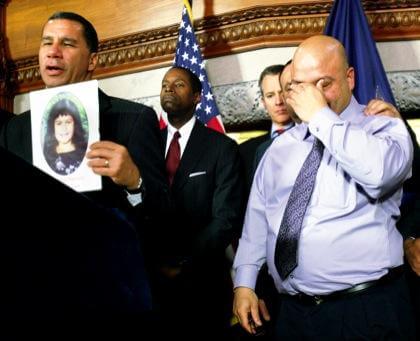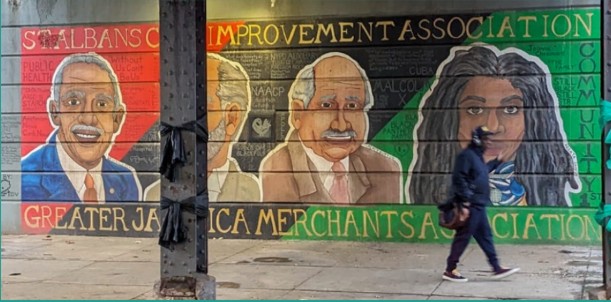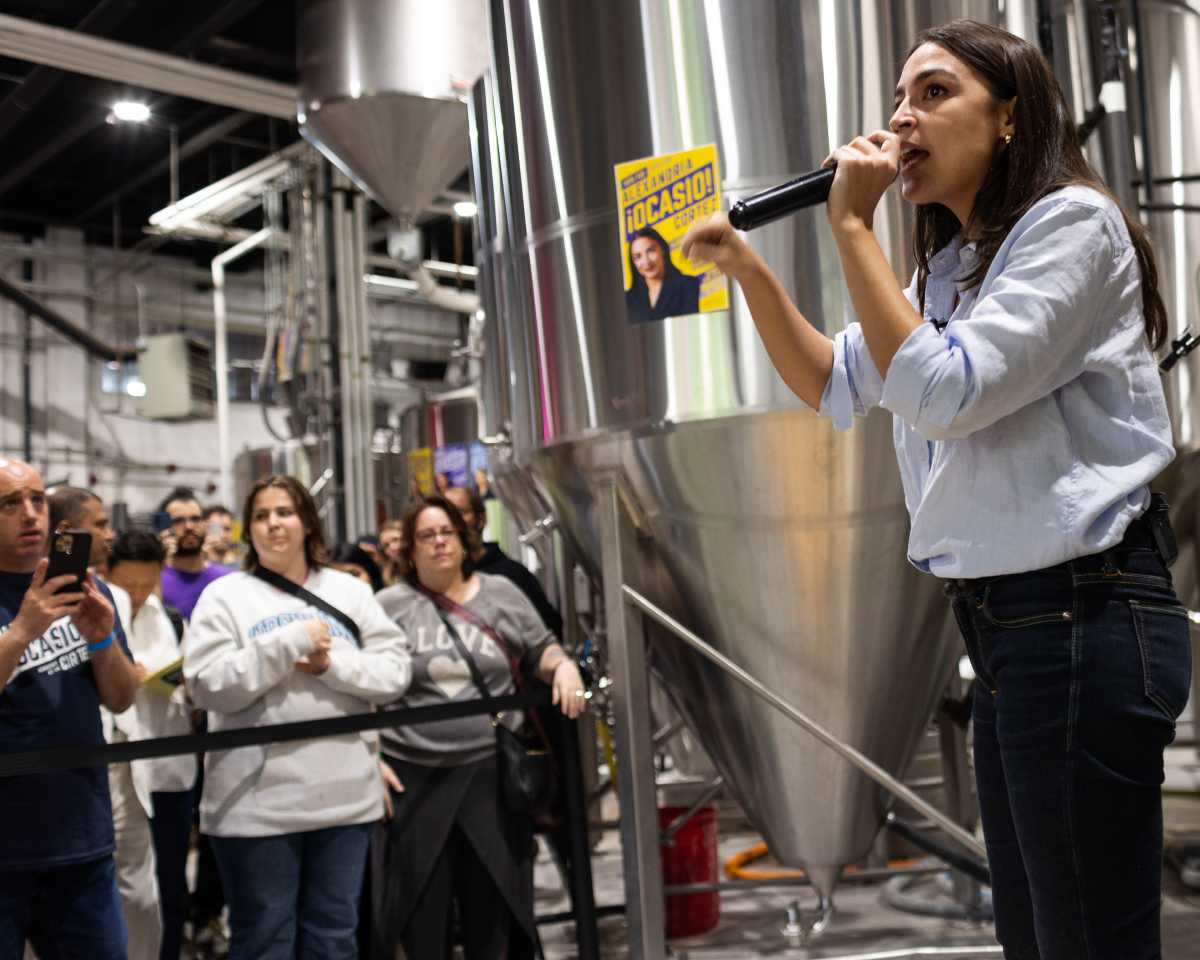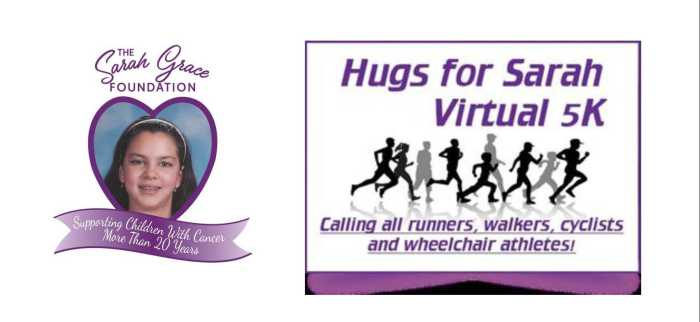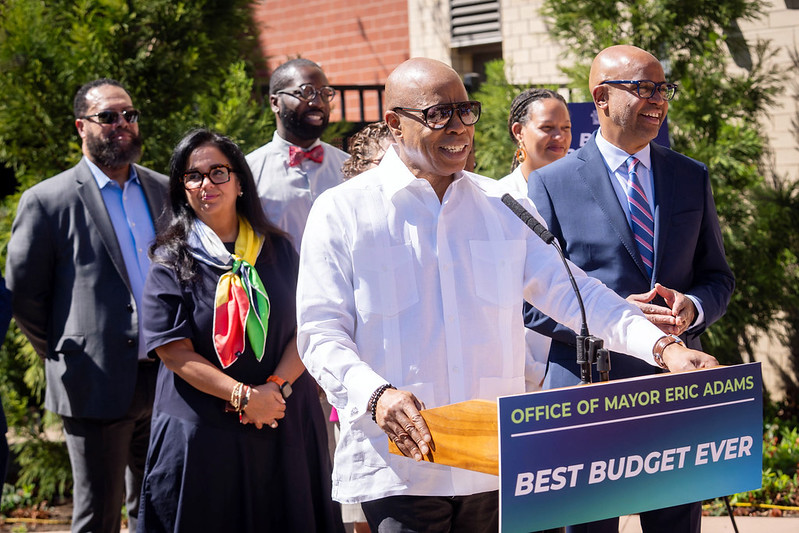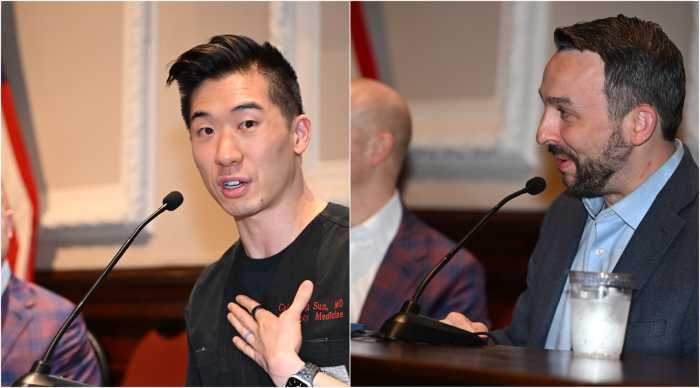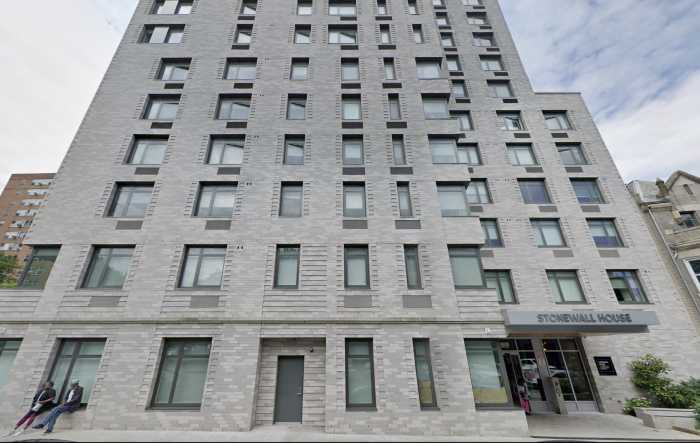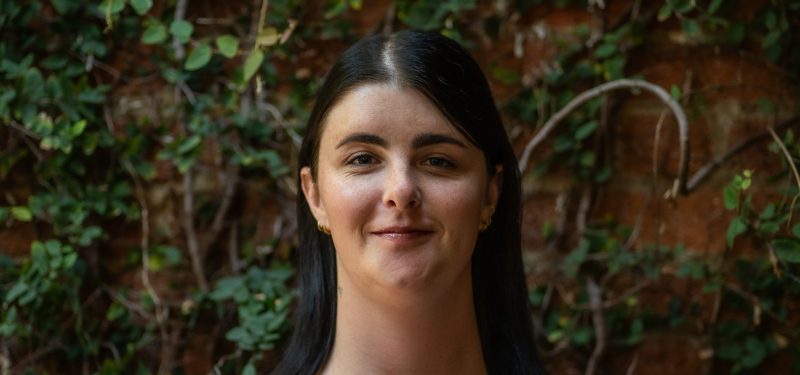By Ivan Pereira
Just days after Gov. David Paterson signed a new law that cracks down on drunk drivers who endanger the lives of children, the Queens district attorney touted the success of the city’s first DWI court.
DA Richard Brown announced the findings of a study Monday that analyzed the Queens Treatment Court, which offers DWI offenders an alternative to jail time for their detoxification.
The study conducted by the Stony Brook Research & Evaluation Consulting firm commended the three-year-old program for moving defendants through the system in a “timely manner” and using borough resources to help them become sober, according to the DA.
“The Queens DWI Court has proven that it is possible to treat those first-time offenders who would drive while intoxicated before they make a habit of getting behind the wheel while drunk and putting themselves and others at risk,” Brown said in a statement.
Queens Supreme Court Justice Marcia Hirsch, who has presided over the court since its inception, said the court’s track record has been successful. As of Sept. 30, 155 people have been accepted into the program, 79 have graduated and only four have violated their probation agreement.
“Our statistics prove that DWI courts work. For too long, we’ve seen that traditional sentencing has proven unable to deal adequately with repeat DWI offenders,” the judge said in a statement.
In order to be part of the program, first-time DWI offenders must be screened by the DA’s office for prior criminal offenses, mental health and substance abuse charges and plead guilty to felony and misdemeanor DWI charges, according to the DA.
Once in the DA’s program, the defendant’s case will be assessed and an individual treatment program will be created. The participants not only have to appear in court weekly and be subjected to alcohol and drug tests, but also wear alcohol-monitoring bracelets for the first three months, the DA said.
The program is done in three four-month phases.
In the first phase, the defendant must maintain four months of continuous sobriety to move on to the next phase, which focuses on vocational and educational needs and requires the participant to attend self-help groups, according to Brown. In the final phase, the defendants are required to maintain their sobriety while working on their high school diploma or obtain a job.
If the program is successfully completed, the defendant’s felony will be dismissed and they will be sentenced to probation and a one-year driver’s license revocation, Brown said. If they do not comply with the program’s rules, they will be sentenced to a year and five days in prison, Brown said.
Last week the governor signed the Child Passenger Protection Act, aka “Leandra’s Law,” as a way to further curtail drunk drivers. The law increases the prison time for DWI defendants who injure children in drunk driving accidents from four years to 15 years and increases the prison time from seven years to 25 years if the child is killed.
The law was named after Leandra Rosado, who was killed last month in a drunk driving accident in Manhattan.
Reach reporter Ivan Pereira by e-mail at ipereira@cnglocal.com or by phone at 718-229-0300, Ext. 146.

